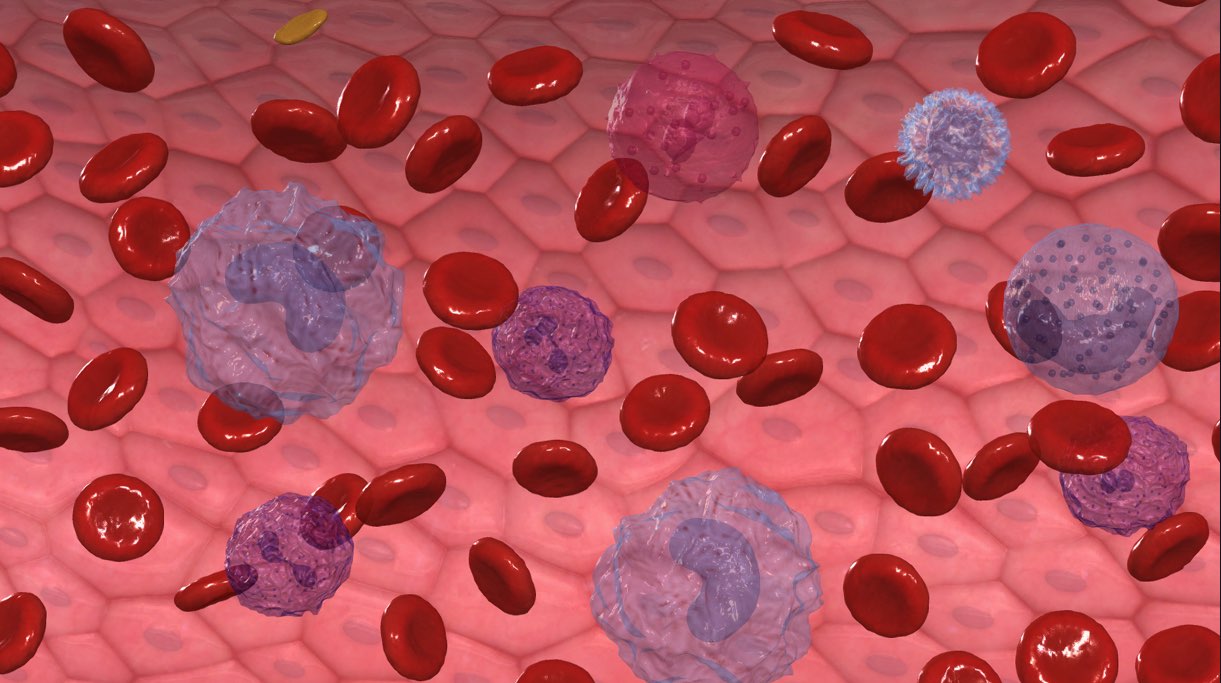
Blood donations are used to save around 4.5 million lives a year in the U.S. ❤️
So what makes this mysterious red substance so vital for maintaining life? Let’s check out some facts about the blood and some of its amazing functions.
It’s a fluid connective tissue made up of two major components;
The liquid part, known as plasma which accounts for 55%, and the ‘formed elements’ part (including red blood cells, white blood cells and platelets) which accounts for 45%.
The blood has many functions, let’s look at a few:
Respiration
Living cells require a continuous supply of oxygen; red blood cells, which make up almost 95% of the cellular component, absorb oxygen in the lungs and carry it around the body supplying cells and tissues.
Cellular metabolism produces waste products such as carbon dioxide and the body relies on blood to carry this back to the lungs, where it can be eliminated with the expired air. ?️
Excretion
Other waste products carried around the body via blood include uric acid, urea, creatinine and toxins. These are transported to the kidneys and liver for detoxification and removal. ?️
Nutrition
Along with oxygen, cells also require nutrition. The precursors of carbohydrates, proteins, fats, minerals, salts, vitamins and others, are also transported by blood. ??
Immunity
Blood and its cells contribute to the immune system of the body. The white blood cells play a role in resisting and eradicating invading organisms, eliciting an immune response and destroying and removing foreign materials and dead cells. ⚔️
Homeostasis
Blood distributes heat around the body. Along with the expanding and contracting mechanisms of vessels, blood helps to maintain homeostasis through the release or conservation of heat. ?
Hemostasis
This process is one of the first steps involved in wound healing, in which the cells (specifically the platelets) form blood clots, sealing any injury and preventing excessive blood loss. The cells also confer resistance to the capillaries by filling in any cracks that may be present in their walls. ?
Stay tuned for a more detailed Anatomy Snippet on the blood cells, including an exclusive SNEAK PEEK of our NEW blood cells model, coming soon to Complete Anatomy ?
